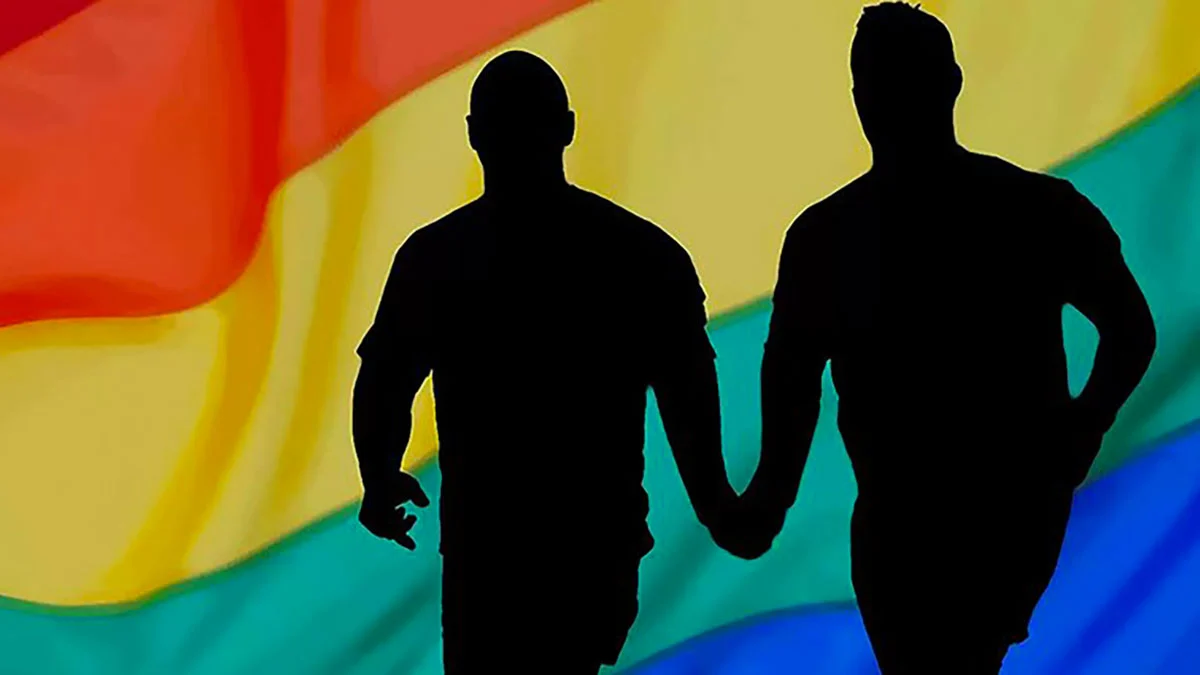
IBAHRI Urges President Akufo-Addo to Repeal Discriminatory LGBTQ+ Bill in Ghana
The bill, known as the Proper Human Sexual Rights and Ghanaian Family Values Bill, imposes harsh penalties on individuals identifying as LGBTQ+...
Ghana: IBAHRI Calls on President Akufo-Addo to Repeal Discriminatory LGBTQ+ Bill
The International Bar Association’s Human Rights Institute (IBAHRI) expresses deep concern over the bill recently passed by Ghana’s parliament, which is widely seen as further criminalising the LGBTQ+ communities in the West African country. The IBAHRI calls on Ghana’s President Akufo-Addo not to sign the bill into law, as it regards the bill as a major setback for human rights in Ghana.
The bill, known as the Proper Human Sexual Rights and Ghanaian Family Values Bill, imposes harsh penalties on individuals identifying as LGBTQ+. It includes up to three years’ imprisonment for LGBTQ+ individuals and a maximum of five years’ jail term for those forming or funding LGBTQ+ groups. Additionally, anyone involved in LGBTQ+ advocacy campaigns aimed at children could face up to ten years’ imprisonment.
Concerns over Human Rights and Prejudice
Anne Ramberg, the co-chair of IBAHRI and the immediate past Secretary General of the Swedish Bar Association, commented on the passage of the bill, stating that it only serves to increase animosity and promote prejudice towards LGBTQ+ citizens of Ghana. She emphasised that reinforcing draconian colonial-era laws against the rights and freedoms of LGBTQ+ communities ignores decades of advancements in international law.
The bill, considered one of the harshest of its kind in Africa, still needs validation from President Nana Akufo-Addo before it becomes law. However, observers believe that this validation is unlikely to happen before the general election in December 2024. The Finance Ministry has warned that Ghana could lose a significant amount of funding from the World Bank, amounting to $3.8 billion over the next five to six years, if the bill is signed into law.
In response to the Finance Ministry’s advice, President Akufo-Addo has decided to defer assent to the bill until the Supreme Court of Ghana rules on its constitutionality. However, the broad and discriminatory nature of the legislation suggests that it may have already failed to pass the constitutional test and international standards, risking further erosion of the rule of law.
International Outcry and Human Rights Concerns
The United Nations High Commissioner for Human Rights, Volker Türk, expressed deep alarm over the bill, highlighting how it criminalizes the legitimate work of human rights defenders, teachers, medical professionals, landlords, and even people seeking healthcare. The bill also unduly restricts freedom of association and expression for everyone in Ghana.
Baroness Helena Kennedy KC, the Director of IBAHRI, stated that the anti-LGBTQ+ bill not only threatens the basic human rights of LGBTQ+ community members but will also have a ripple effect in diminishing human rights protection across Ghanaian society. She emphasised that adopting such a bill would directly conflict with Ghana’s commitment at the Human Rights Council to respecting and protecting the rights of all individuals, regardless of their sexual orientation or gender identity.
Mark Stephens CBE, the co-chair of IBAHRI, raised concerns about the severe ramifications the anti-LGBTQ+ bill will have on the legal profession in Ghana. He pointed out that lawyers who seek to defend LGBTQ+ individuals may themselves become targets, contradicting the UN Guiding Principles on the Role of Lawyers, which emphasises the independence of lawyers from their clients’ causes.
Comparisons with Other African Countries
Last June, Uganda passed similar legislation criminalising homosexuality. While other African countries have also criminalized homosexual acts under sodomy laws, the legislation in Ghana and Uganda specifically targets anyone identifying as LGBTQ+, regardless of their activities.
On the other hand, some African countries have taken steps to decriminalise consensual same-sex relationships. For example, Botswana’s Court of Appeal unanimously repealed anti-homosexuality laws, stating that those sections of the penal code had outlived their usefulness and only served to invade citizens’ private spaces.
IBAHRI’s Call for Reconsideration and Repeal
The IBAHRI calls on the Ghanaian government to reconsider the widespread, unjust, and discriminatory outcomes that this bill will have if it comes into effect. It urges Ghana to unequivocally repeal the bill, considering the potential negative impact on human rights, health, housing, freedom of association, and other interrelated rights.
The IBAHRI emphasises the importance of Ghana’s recent election to the Human Rights Council and highlights that adopting the bill would directly contradict Ghana’s commitment to respecting and protecting the rights of all individuals, regardless of their sexual orientation or gender identity. It also warns of the potential danger to the character of Ghana’s legal profession, which should remain free and independent.
In conclusion, the IBAHRI stands firmly against the discriminatory LGBTQ+ bill in Ghana and urges President Akufo-Addo to repeal it to uphold human rights, equality, and justice for all citizens.







